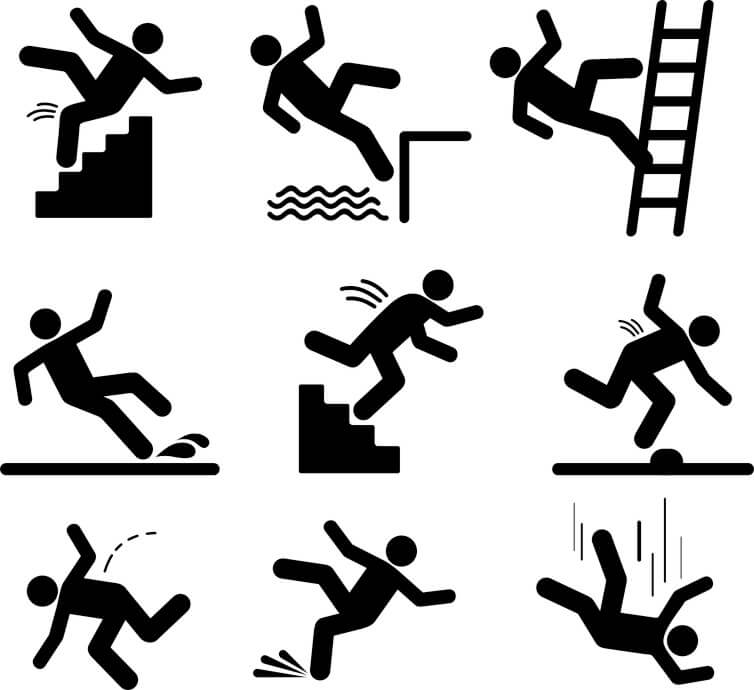
Incidents resulting in injury are commonly reported on private property. The extent of damage caused by the accident has led some individuals to wonder whether they can sue.
In these situations, the visitor’s status plays a significant role. There may be a precedence for suing either the homeowner or another party depending on whether the plaintiff was a trespasser, an invitee, or a licensee. Visitors to a home are usually considered guests.
READ MORE: Hosting A Thanksgiving Party? Know Your Legal Responsibilities
The person could be a friend, family member, customer, or person who purchases something from your business. The host is responsible for ensuring the safety of these individuals on its property, and the host must take reasonable precautions to ensure that no danger is present.
Private Property Owners/ Licensee and Trespassers
A licensee is an individual with permission to use the property for a particular purpose. Visitor permission could be granted for social visits or to anyone permitted entry to the property. Homeowners are legally responsible for any unsafe conditions that may exist on their property.
When hazards are obvious and can be easily recognized, a landowner is not required to disclose these distinct types of threats. In spite of the fact that this may vary significantly from region to region, in most cases it is accurate.
Unauthorized entry to someone else’s property is trespassing. In general, the individual’s intent is irrelevant, even if they do not intend to steal anything.
Trespassers generally do not owe any obligations. According to state regulations, the homeowner may not set traps or intentionally cause harm to trespassers unless otherwise allowed by state law. In the event that a trespasser is expected for whatever reason, the property owner should warn the trespasser that there are dangers, such as pits and sharp objects.
Known Trespassers and Children
A homeowner is responsible if he or she becomes aware of the presence of trespassers on private property. As a result, he or she must advise of any potentially unsafe conditions on the property that are not immediately obvious. The same is true for licensee guests.
It is usually only necessary if there are man-made hazards on the land, such as traps, rather than natural hazards. Children who trespass on someone’s property out of natural curiosity are held to a higher standard of care. In order to keep these children safe, additional precautions are frequently needed, either on the farm or at home.
A Change of Status Of Relationship with the Property Owner
In certain circumstances, trespassers may become licensees. Typically, this occurs after the person has been discovered and invited into the premises or into the residence. In the event that a licensee enters a private property where he is not invited or has not been given permission, he may also be referred to as a trespasser. While this affects the individual’s duty of care, it could also make litigation more complex if litigation ensues.
The private property or house’s condition could be problematic if multiple areas are potentially dangerous. Some states place greater importance on the condition of the home or the actions of the guests. These locations within the United States follow a certain standard of care. Entrance, the way the land is utilized, expected mishaps, and other factors have the potential to change these legal positions.
How Can a Lawyer Help If You Get Injured on a Private Property?
It is important to contact a lawyer if someone has been injured on another’s property. According to the state, different factors affect what must be proven and what must be explained by the plaintiff in a given situation. If you involve a lawyer, your chances greatly improve. Deldar Legal Injury Attorneys in California can help you in this regard if you have been injured on private property.
Tagged with: accident at a private property, Can I Sue If I Get Injured on a Private Property?, Deldar Legal Injury Attorneys in California, Deldar Legal Personal Injury Attorney, How can i sue if i get injured on a private property, personal injury at a private property, Personal injury attorney for private property injury in California, What shall i do if i get injured on a private property, who is liable for a personal injury at a private property
Posted in: Personal Injury
